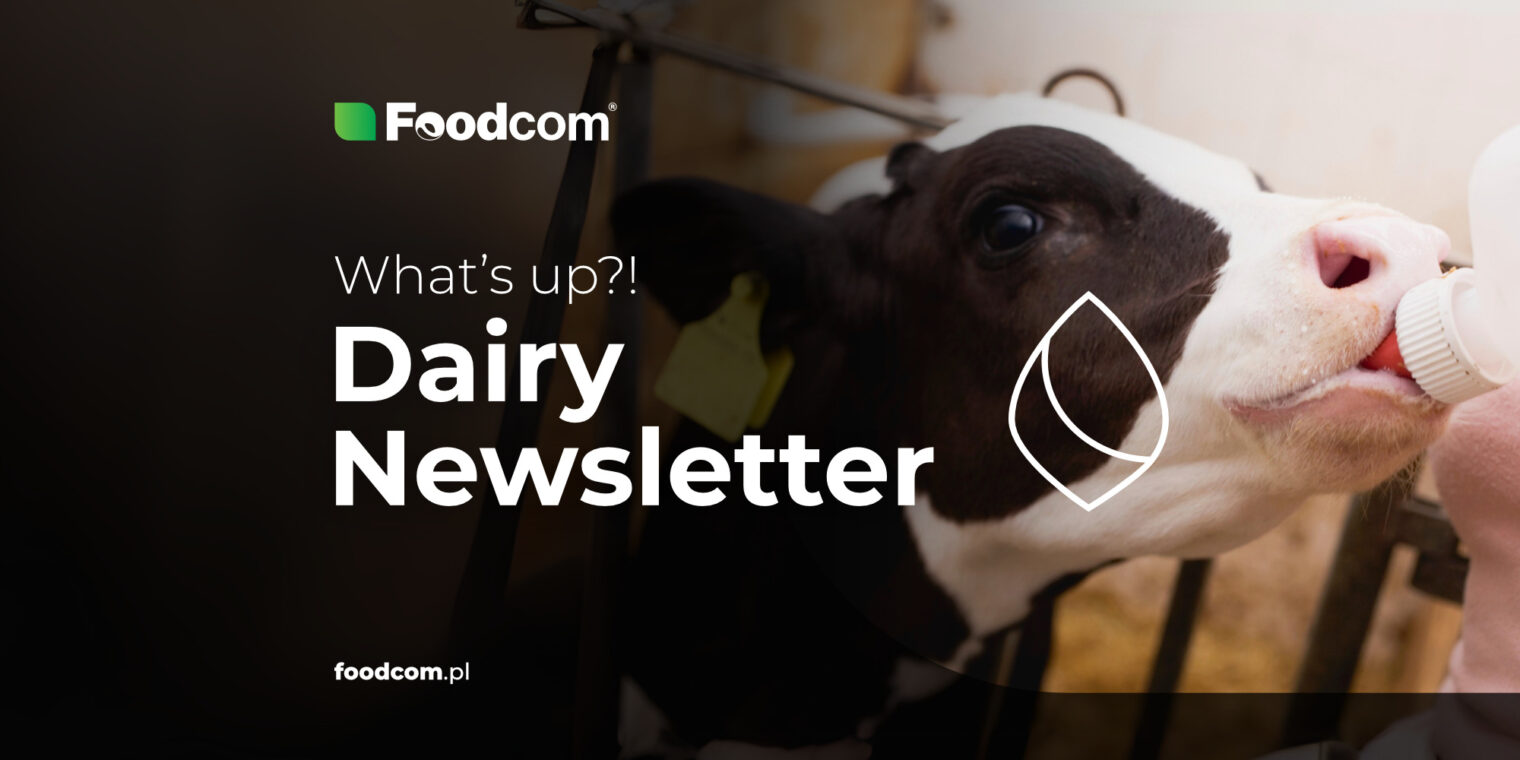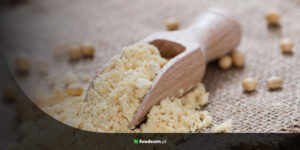Résumé
Table des matières
Europe
The Emmi company focuses on goat’s milk
Emmi has commissioned a new, energy-efficient spray tower for the production of goat milk powder at the headquarters of its two subsidiaries, Goat Milk Powder and Bettinehoeve in Etten-Leur, the Netherlands. Goat milk and goat milk powder have become increasingly popular in recent years, mainly due to their nutrient profile, which is similar to that of breast milk, and their high protein, mineral and vitamin content.
The Ukrainian dairy sector is in the worst situation since the beginning of the invasion
The current outlook for consumers is poor, and exports of dairy products have almost come to a standstill. Expensive raw materials compared to the European Union, lack of government support and difficult access to bank loans are cited as some of the greatest challenges. The Ukrainian parliament is working on solutions to relieve the dairy sector in this difficult situation. Among other things, a halving of the VAT rate for dairy products is being considered.
French group Lactalis has reported a significant decline in profits
Although sales of the world’s largest dairy producer rose 28.4% to 28.3 billion euros in 2022, rising production costs have led to a 14% drop in annual profits to 384 million euros. The company also admits that the group’s profit margins have fallen significantly despite significant efforts.
The Americas
Researchers at the University of California are taking reducing methane production to the next level
They have begun work on a new project that aims to reduce climate change-causing emissions from cattle, in part by applying the genome-editing tool CRISPR to microbes in cow intestines. The project is worth up to $70 million, and the results are expected to benefit both cow health and the environment.
U.S. dairy launches new climate collaboration
The U.S. Dairy Export Council (USDEC) and the National Milk Producers Federation (NMPF) announced the signing of a set of principles and a new partnership with the national farmer organizations (FARMs) of Argentina, Brazil, Paraguay, Uruguay, Chile, Bolivia and Colombia. The goal of the new partnership, led by the United States, is to coordinate and support the engagement of government officials and international organizations in promoting policies that encourage sustainable productivity growth, considering the specific needs of the livestock sector and the profitability of farmers.
USDA has announced a major injection of funding under the Farm Bill’s Animal Health Protection Fund
The U.S. Department of Agriculture (USDA) Animal and Plant Health Inspection Service (APHIS) is awarding $2.29 million through the Farm Bill program National Animal Health Laboratory Network (NAHLN) to improve animal health preparedness at APHIS. The goal of the funding is to strengthen the organization’s ability to implement strategies to prepare for animal health emergencies and better protect the U.S. agricultural industry. No one would be upset about a grant of this size, that’s for sure.
Asia & Oceania
A supermarket chain from Australia is buying dairy plants
Coles, a well-known supermarket chain in Australia, has entered the dairy processing business. According to experts, this is another sign of serious concerns about the security of the milk supply. The supply of Australian milk continues to decline, and domestic buyers are increasingly concerned. Apparently, Coles does not want to risk ever having to answer no to the question, ‘Got milk?’.
The development of the Dairy Australia Forage Value Index is helping dairy farmers increase profits by $250 per hectare
At least that’s what the developers claim. The FVI is a tool for farmers and producers that ranks ryegrass varieties according to their potential contribution to overall farm profits. The table has been extended to this year’s ryegrass seeding to help growers ‘make better choices.’ The premise is that an ideal, properly selected ryegrass variety can increase net profit by up to $250 per hectare per year. Who would have thought that optimization in one area could yield such gains…
Fonterra continues to work toward decarbonization
The company recently announced that it will convert the coal-fired boilers at its Hautapu plant to wood pellets and install a heat pump at its Palmerston North dairy processing plant, which supplies the local market. This is another step towards the goal of reducing emissions in all production areas by 30% by 2030 (from a 2018 baseline), achieving net-zero emissions by 2050 and moving away from coal by 2037.
Catégories






